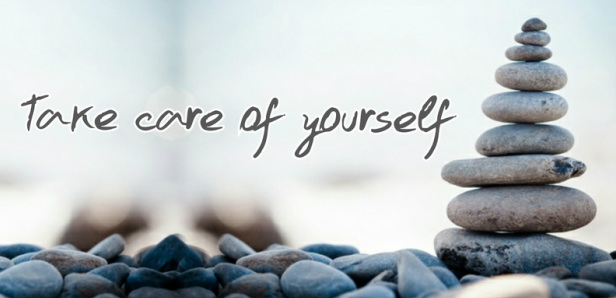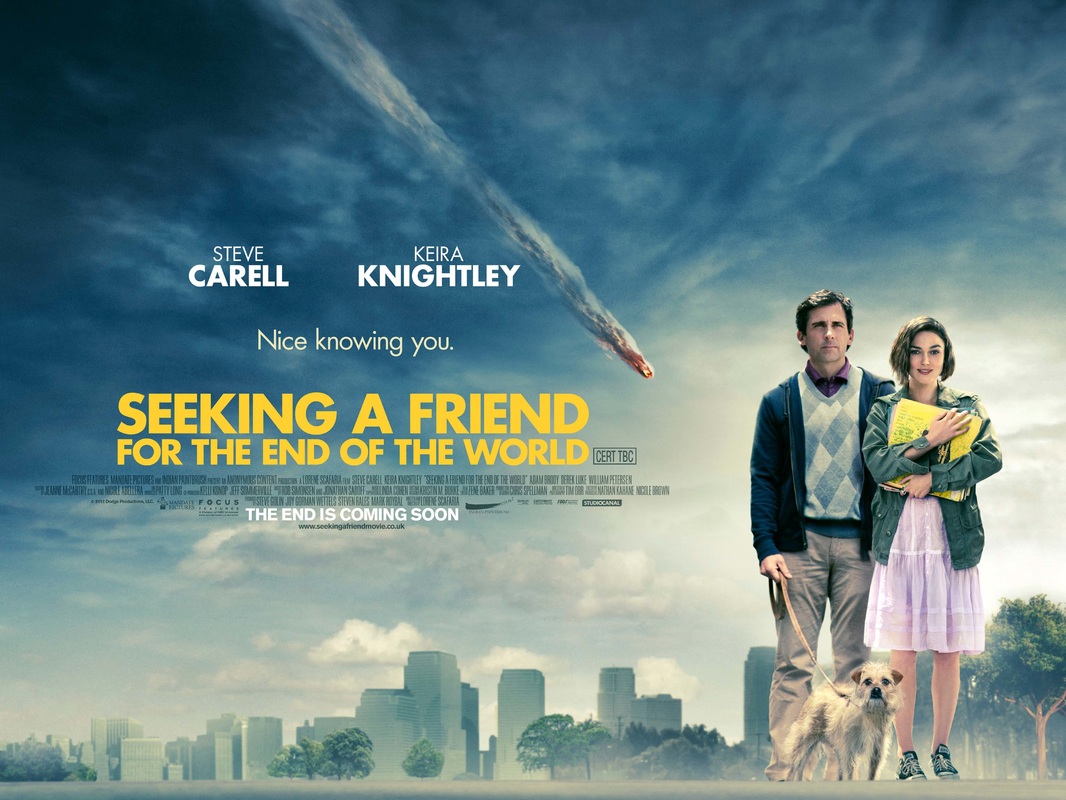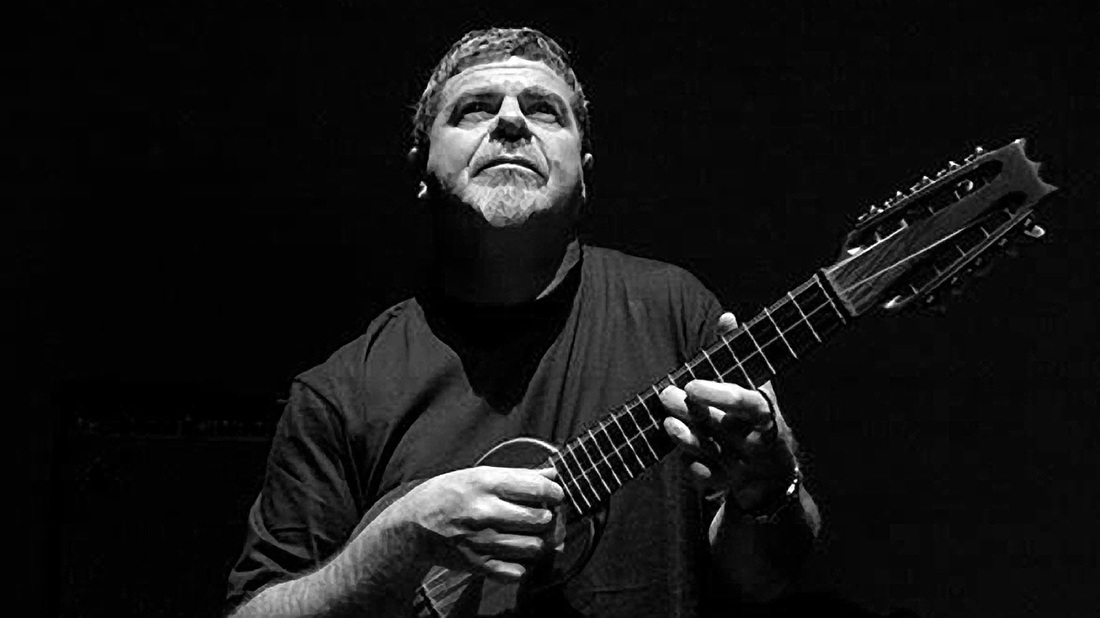In the last post, we left off with the question, "Can we speak meaningfully about God without religion?" For Bonhoeffer, religious language is often a mask or a shield that protects us from saying what we actually mean. It allows us to hide ignorance behind certitude:
“Religious people speak of God when human knowledge (perhaps simply because they are too lazy to think) has come to an end, or when human resources fail — in fact it is always the deus ex machina that they bring on to the scene, either for the apparent solution of insoluble problems, or as strength in human failure — always, that is to say, exploiting human weakness or human boundaries. Of necessity, that can go on only till people can by their own strength push these boundaries somewhat further out, so that God becomes superfluous as a deus ex machina.”
Deus ex machina literally translated is, “God from the machine.” This is a reference to ancient Greek plays, where at the end of a play, sometimes a god would be lowered from onto the stage by a crane to resolve loose plot twists. If Bonhoeffer was writing today, he might use the phrase “God of the gaps.”
An illustration may make this clearer: Prior to modern medicine people thought illness was caused by the “black magic” of the devil. Spiritual problems require spiritual solutions, so of course, people appealed to God for help through the “magic” of the church: taking communion, being anointed with holy water or oil, or being blessed by a pastor or priest (for more on this, Charles Taylor’s A Secular Age is a must-read). When the germ theory of disease was finally accepted in the late 1800s, it changed the way people thought about God. We no longer needed to appeal to the devil to explain why we were sick, and we no longer needed direct intervention from God to explain our recovery. The gap we once filled with God, we now fill with knowledge.
But a God of the gaps is no God at all. If we appeal to the divine to explain things we don’t yet understand, what will happen when human knowledge increases and we gain a scientific explanation? When doctors perform thousands of surgeries flawlessly, when antibiotics turn once fatal illnesses into minor inconveniences (take two pills, twice a day for three weeks), desperate prayers for miraculous intervention are gradually replaced with lesser prayers that God would “guide the doctor’s hands,” or that “the medicine would work,” until ultimately, these prayers disappear completely.




 RSS Feed
RSS Feed
